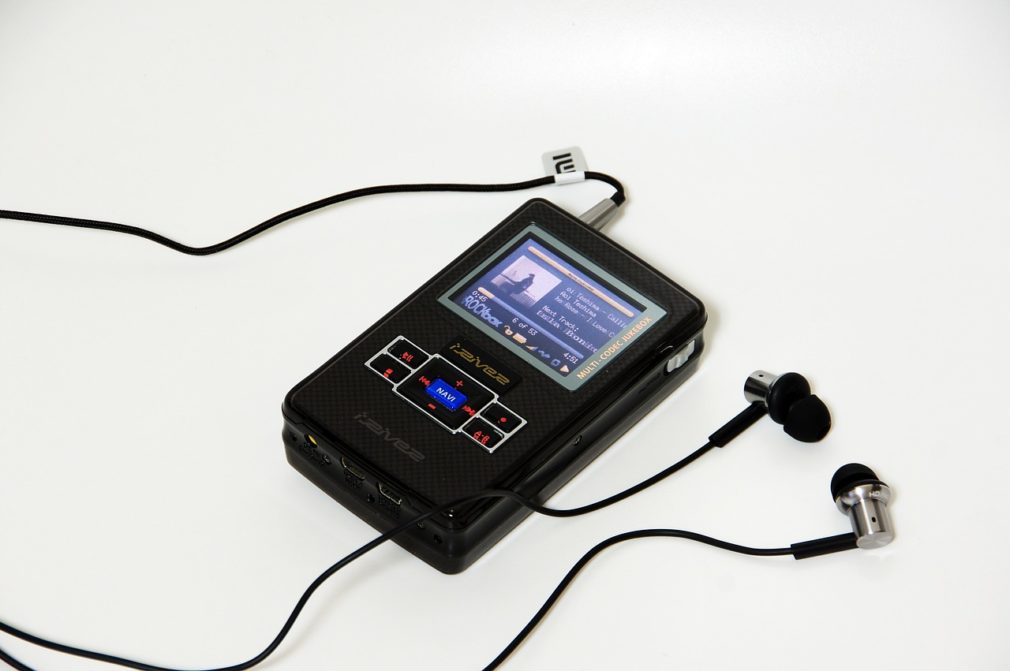Everything good has to come to an end, someday! Nothing is perennial except for the beautiful tunes in the air, that hang close to us and can be hummed whenever you feel up to it. But, there’s one massive factor, which helped a teenage kid from India like me to stay up to date with the latest Western music. And that’s MP3 music files readily available on the interwebs. But, the said format has now become expendable and its lifetime has finally come to an end.
Well, we cannot be the judge of when a popular, wide-spread music storage format comes to an end but the creators of the same can sure be. And earlier last week, they’ve voiced their opinion over the use of the MP3 format and announced its impending demise — which surely comes with a pinch of Nostalgia for the 90’s kid who was aloof to the future of online music streaming.
The Fraunhofer Institute for Integrated Circuits, the German organization who’s known to have developed the MP3 audio format and licensed some patents related to it, has announced that they’re officially putting an end to their licensing program for certain MP3-related patents. In short, they believe that the beloved, well-known MP3 has lived its life-term and it’s now time for us to bid adieu to our old friend.
Speaking on the same, the official statement reads,
We thank all of our licensees for their great support in making mp3 the defacto audio codec in the world, during the past two decades.
On April 23, 2017, Technicolor’s mp3 licensing program for certain mp3 related patents and software of Technicolor and Fraunhofer IIS has been terminated.
The blog post, as well as the director of the Fraunhofer Institute, have both inadvertently accepted that MP3 has now grown old and is now a thing of the past. It was popular for almost a couple decades but has since been replaced by ‘more efficient audio codecs’ such as Advanced Audio Coding (AAC) and Moving Picture Experts Group – high-efficiency coding and media delivery in heterogeneous environments (MPEG-H).
Now, most media services such as streaming/TV and radio broadcasting have made the jump from older codecs to new and modern formats. It is because these audio formats are more efficient and have the ability to deliver higher-quality audio at lower bitrates than MP3 format. The latter were small and easily accessible but one had to compromise on the quality front to be able to keep up with the trend — especially in foreign countries or to save some precious space on those 1GB or 2 GB music players.
The music ecosystem was, however, thrown onto a completely new track by one technology giant — Apple. The company made music accessible to the masses with the release of the iPod, their own branded answer to the MP3 player market. While one could save MP3 files into the said device, Apple provided users the option to save high-quality, size-intensive AAC format files from the very start. This and the shift of the modern era towards high bitrate and clear audio, coupled with decent hardware, accepted the AAC format readily.
The MP3 format, however, will always have a dear place in our hearts and all over the internet! R.I.P!
